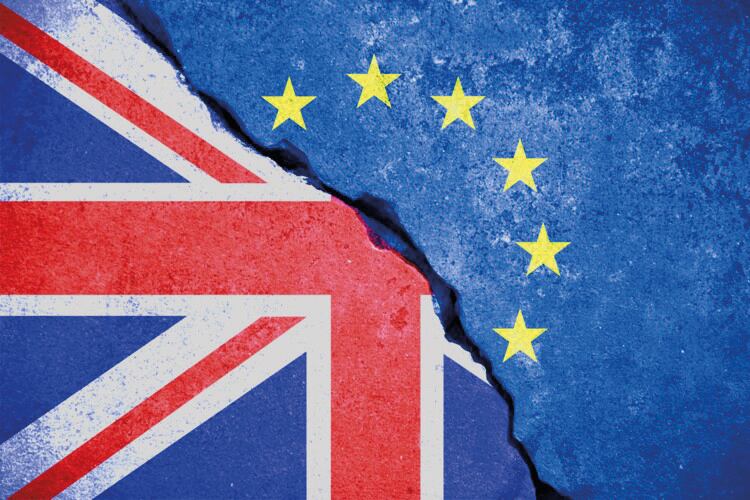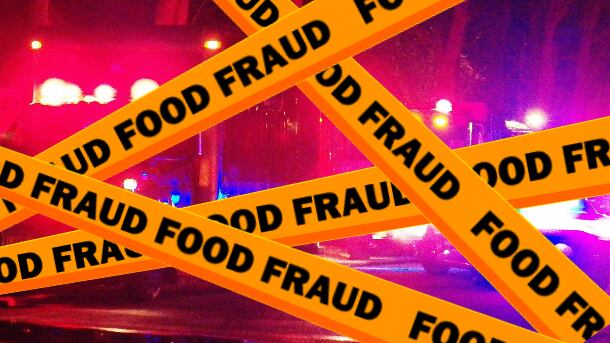Peers warned trade in food and agricultural produce between Britain and the EU would suffer more if policy differences between the two lead to tariffs and more checks.
The committee called for a thorough assessment of potential trade barriers as regulations and support for producers and growers are developed.
It also urged the Government to fix problems affecting groupage transport, stating issues surrounding health certificates and paperwork had caused suppliers to shy away from sending mixed consignments.
Challenges ahead
Lord Teverson – sub-committee chair – highlighted the difficult challenges, particularly for small businesses, caused by the increases in paperwork and preparation required for food and agricultural exports to the EU.
“Higher haulage rates and issues with groupage and parcel deliveries are putting further pressure on food and agricultural produce exporters,” added Teverson.
“Despite the improvements we hope to see, there are now new barriers to UK-EU relations and new administrative costs and burdens will be structural and long-term.”
The committee called for systems to become fully electronic, streamlined and integrated quickly to make it easier for businesses to submit documentation.
Third country
“We are a ’third country’ now as far as the EU is concerned. The UK and EU have largely achieved their objectives and now have to accept the consequences – both the good and the inconvenient,” Teverson continued.
“This could ultimately reduce the profitability of Great Britain’s food and agricultural produce sectors.”
Meanwhile, salmon, beef, pork, cheese and animal feed were the top five UK food chain items exported to the EU taking the biggest percentage hit in January, with overall exports down 75.5% on January 2020.
The impact of COVID-19 and stockpiling by UK businesses in the EU ahead of the end of the transition period were contributing factors in the losses, the Food and Drink Federation stated.
But much of the damage was likely due to new non-tariff barriers faced by UK exporters and the collapse of groupage movements, which had shut out many small and medium-sized exporters, the trade body claimed.





